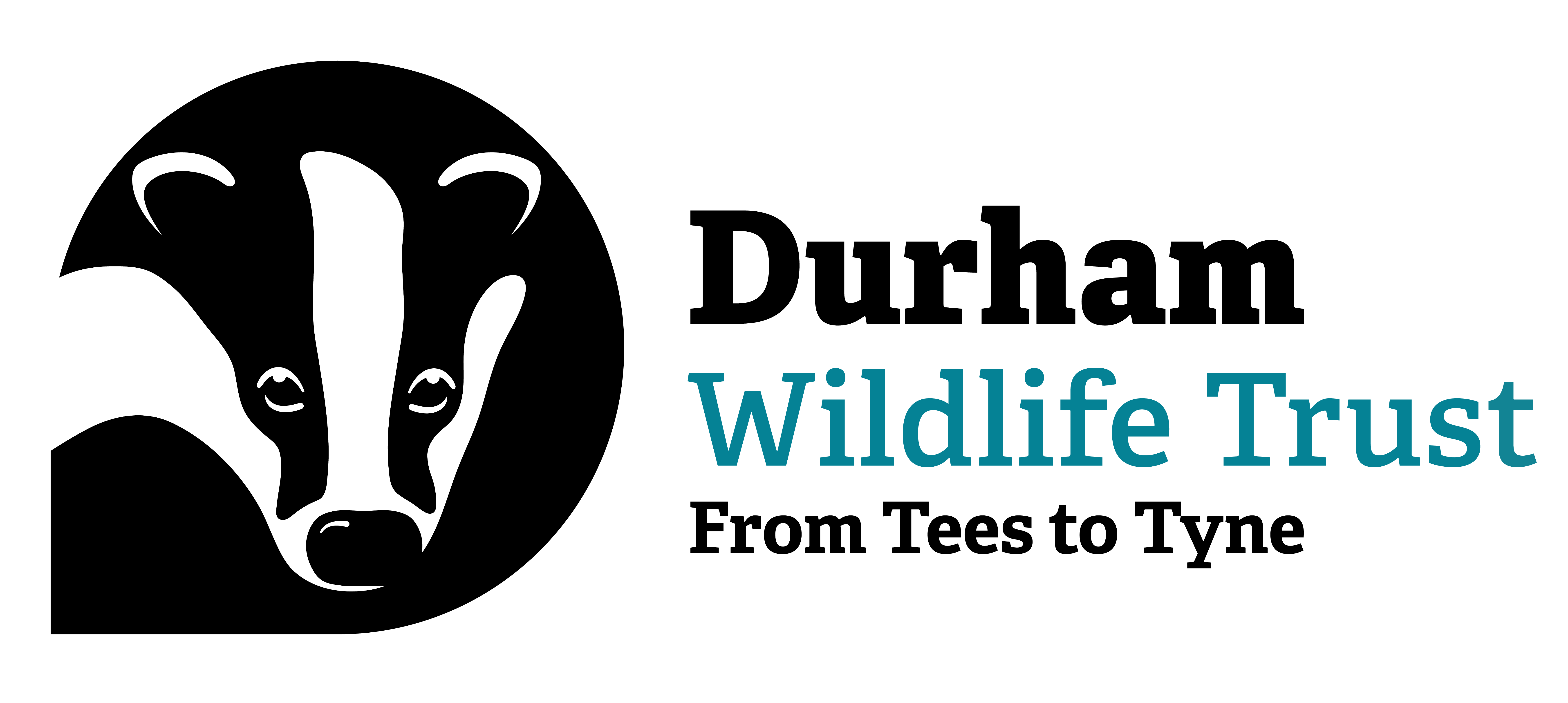MammalWeb was set up as a joint initiative between Durham Wildlife Trust and Durham University. The MammalWeb network was founded in 2013 by scientists at Durham University to collect camera trap images of the UK’s mammals to build a picture of their habits and behaviours.
MammalWeb’s database has grown from originally being North East England focused to gathering data from over 2,500 sites across the UK and beyond.
Now, researchers want to expand the project’s database further to provide a more comprehensive record of UK mammal activity to support future research and conservation activities while also helping to inform policy decisions that affect wildlife.
They say that the need for large scale wildlife monitoring is increasingly important as wildlife responds to climate change and other causes of global biodiversity loss strongly linked to human activities.
The researchers have made their call to citizen scientists as they publish an overview of the MammalWeb project to date in the journal Ecological Solutions and Evidence.
In the UK, contributors’ camera traps have captured 440,000 classified image sequences and videos, of which more than 180,000 are mammal detections.
In total, the project has recorded the equivalent of more than 340 camera trap years of wild mammal activity across the country.
Rare captures in North East England over recent years have included both North and South American members of the raccoon family, highly adaptable animals with the potential to cause trouble for native wildlife.
Across the country, camera traps have also captured other originally non-native UK species such as muntjac deer, fallow deer, grey squirrels, brown hares and rabbits.
Native UK species such as red squirrels, badgers, otters, foxes, stoats, wild boar and pine marten have also been caught on film.
